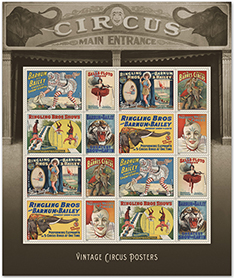I think about measuring when it comes to time. Apparently the staff at a local elementary school value time a great deal as they sent out this email to parents:
"I am writing to let you know that we have recently had our school building clocks reset to match the U.S. Official Time. Our clocks were running 3-4 minutes slow. The school bells were ringing 3-4 minutes late. The kids were dismissing 3-4 minutes late. Please allow a few extra minutes to get to school safely on time."
Contrast that with this display in the Florida Visitor's Center:
Not only are there two time zones to contend with, but one (erroneously) is only 50 minutes ahead of the other instead of an hour. Apparently "vacation time" is much more lax!
Whether you follow U.S. Official Time or approximate like Florida does, time is your most valuable resource. Try to ensure that your whole organization is synced to one method of calculating it. Those 3-4 (or 10) lost minutes can really add up over time.
-- beth triplett
leadershipdots.blogspot.com
leadershipdots.blogspot.com
@leadershipdots
leadershipdots@gmail.com
leadershipdots@gmail.com
Thanks to Emily for the Bryant email.




